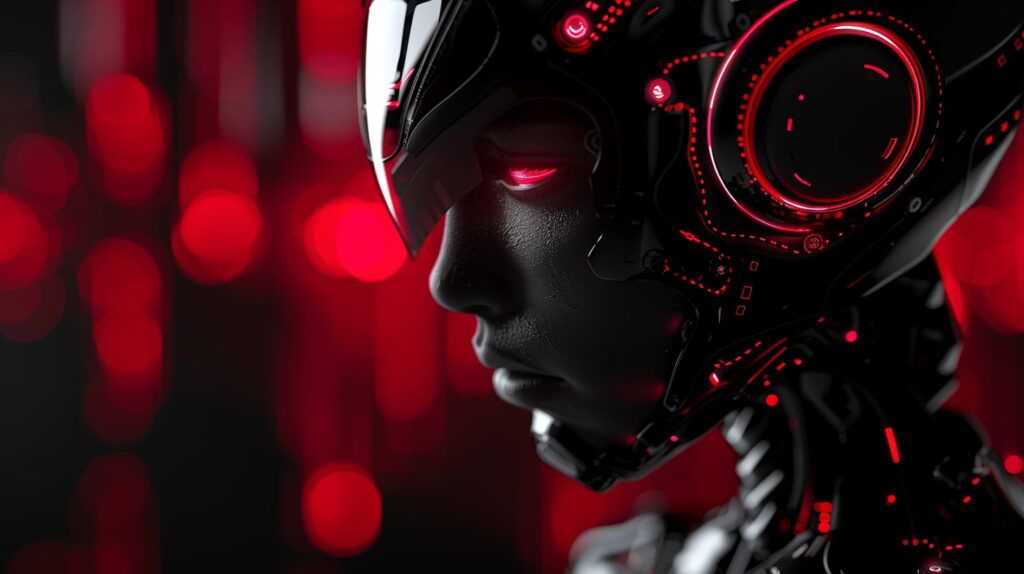Artificial intelligence, or AI, is being heralded as either the Messiah or the doom-bringer for humans and society. On one hand, experts say AI will advance humanity to a point where diseases will be cured and people will live carefree lives as work becomes a choice. On the other hand, they argue that AI will take over jobs and drive society toward a future where the divide between the haves and the have-nots becomes as wide as the Grand Canyon.
This post breaks down AI in plain English, illuminating the machinery behind the buzz so you can decide whether Silicon Valley’s prophets deserve your trust.
So, What Is AI Really?
At its core, AI is software that learns, not by following rigid instructions, but by observing patterns and improving over time. It’s less “robot uprising,” more “digital brain that gets smarter the more you use it.”
Traditional computers follow rules. Think of an Excel sheet. You input a formula, and the computer comes up with an answer. That’s a classic stimulus and response setup.
With AI, the stimulus-and-response setup is disrupted as the technology takes into account patterns and context to make sense of the stimulus (your prompt) before coming up with a response or a multitude of responses.
AI draws intelligence from its massive training data trove and sees connections in language, numbers, images and sounds. It is almost like a child learning from the world, except with billions of examples and no bedtime.
That’s why it can draft essays, detect fraud, suggest the fastest route home, analyze X-rays and generate code. It’s not thinking like us, but it’s processing so much more, so much faster, that the effect looks like actual intelligence.
Where You Already Use AI
If it feels like AI came out of nowhere, look again. You’ve been surrounded by it for years, but you don’t notice because it’s behind the scenes in tasks such as:
- Your bank flagging suspicious transactions
- Google Maps rerouting around traffic
- Netflix recommending your next obsession
- Face ID unlocking your phone
- Email sorting spam from real messages.
Now, with tools like ChatGPT, it sits in front of you, talking, writing and reasoning on demand.
That’s the shift. Not that AI suddenly arrived, but that it suddenly became personal.
What AI Can Do Today
AI isn’t magic. But it feels magical because it collapses effort and time.
With a few prompts, it can:
- Build a business plan
- Rewrite your resume
- Analyze market trends
- Draft legal-style language
- Translate across languages
- Generate videos and graphics
- Code websites and software
Tasks that once took hours now take seconds. Tasks that required teams now need one person who knows how to ask the right questions.
What AI Cannot Do (Yet)
AI has speed, scale, and perfect recall — but it does not originate. It pulls from patterns in data, stitching together everything humanity has already said, written, built, and imagined. It can remix the past at lightning pace, but it cannot stand at the edge of the unknown and create something truly new.
When Einstein reimagined the universe and bent time with an equation, he wasn’t rearranging old answers. He was giving birth to a new question. No dataset led him there. No pattern predicted it. It was human intuition, imagination and wonder colliding in a way no machine can replicate.
AI can sound brilliant because it carries the weight of humanity’s knowledge, but it cannot come up with anything new under the sun. AI may be able to process information, predict outcomes and perform repetitive tasks.
But it is not conscious. It cannot discover or imagine because it is limited to what humans give it.
So yes, AI can astonish you with its speed and scope. And yet, the frontier of original thought, the place where creativity and breakthroughs are born, is still the realm of humanity.
The Bottom Line
AI is not a distant revolution. It is here, woven into your phone, apps, feeds, bank security and work tools. It’s software that learns, improves and operates with a speed and scale no single human mind can match.
But for all its power, AI is not a mind. It does not wake up with questions, nor can it imagine a world that has never existed. It learns from what has already been created — by us — and projects forward from that foundation.
So is AI the Messiah or the doom-bringer? Neither. Like money, it doesn’t change us. It amplifies who we already are.
Disclaimer: Opinions expressed at CapitalAI Daily are not investment advice. Investors should do their own due diligence before making any decisions involving securities, cryptocurrencies, or digital assets. Your transfers and trades are at your own risk, and any losses you may incur are your responsibility. CapitalAI Daily does not recommend the buying or selling of any assets, nor is CapitalAI Daily an investment advisor. See our Editorial Standards and Terms of Use.


